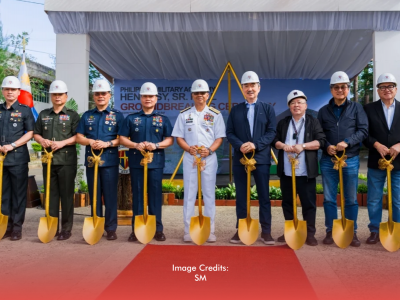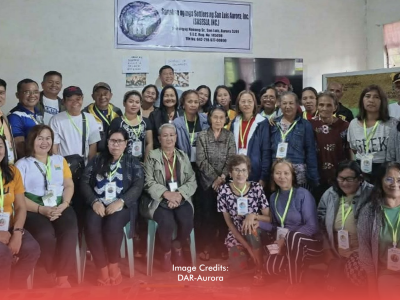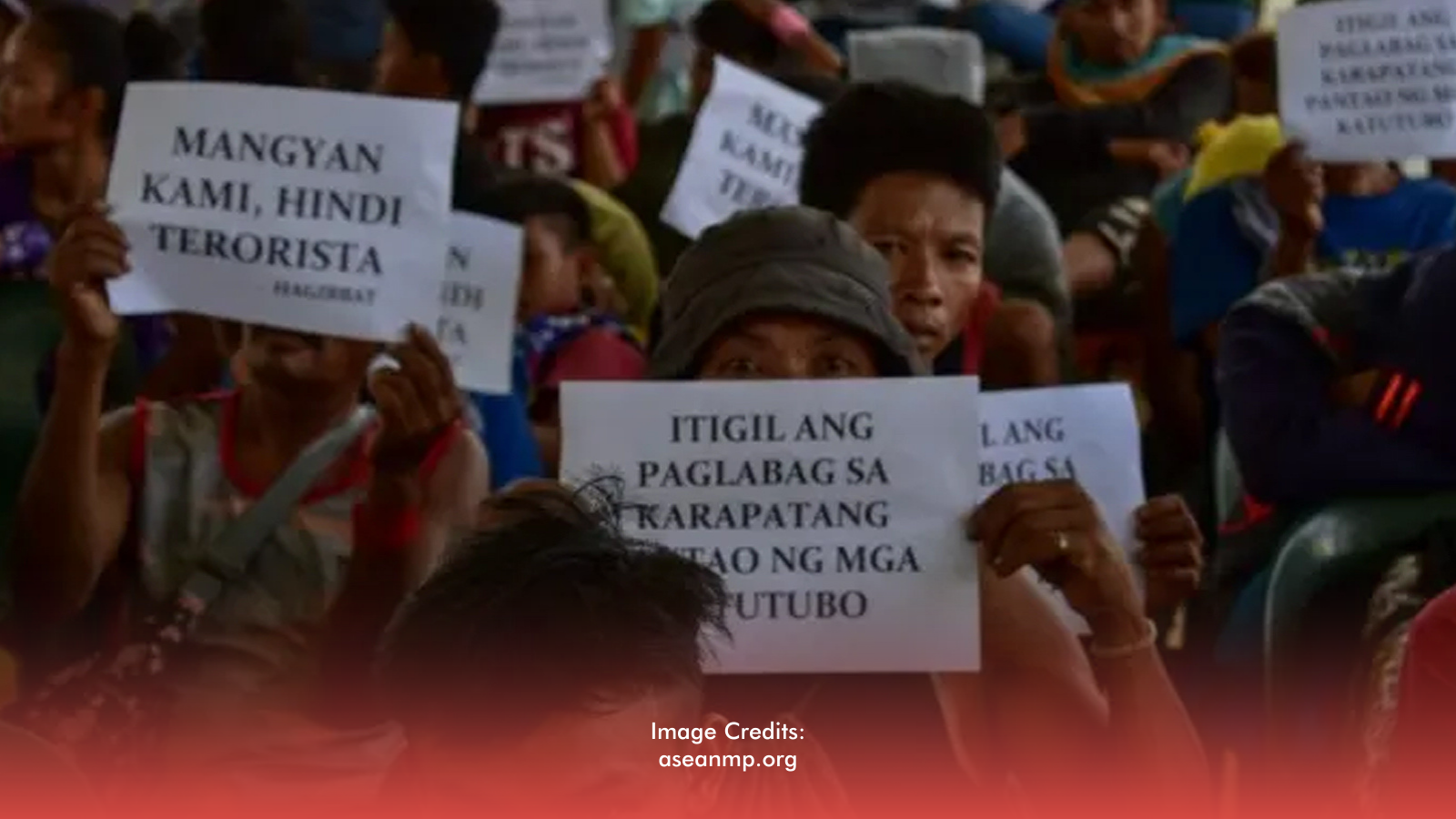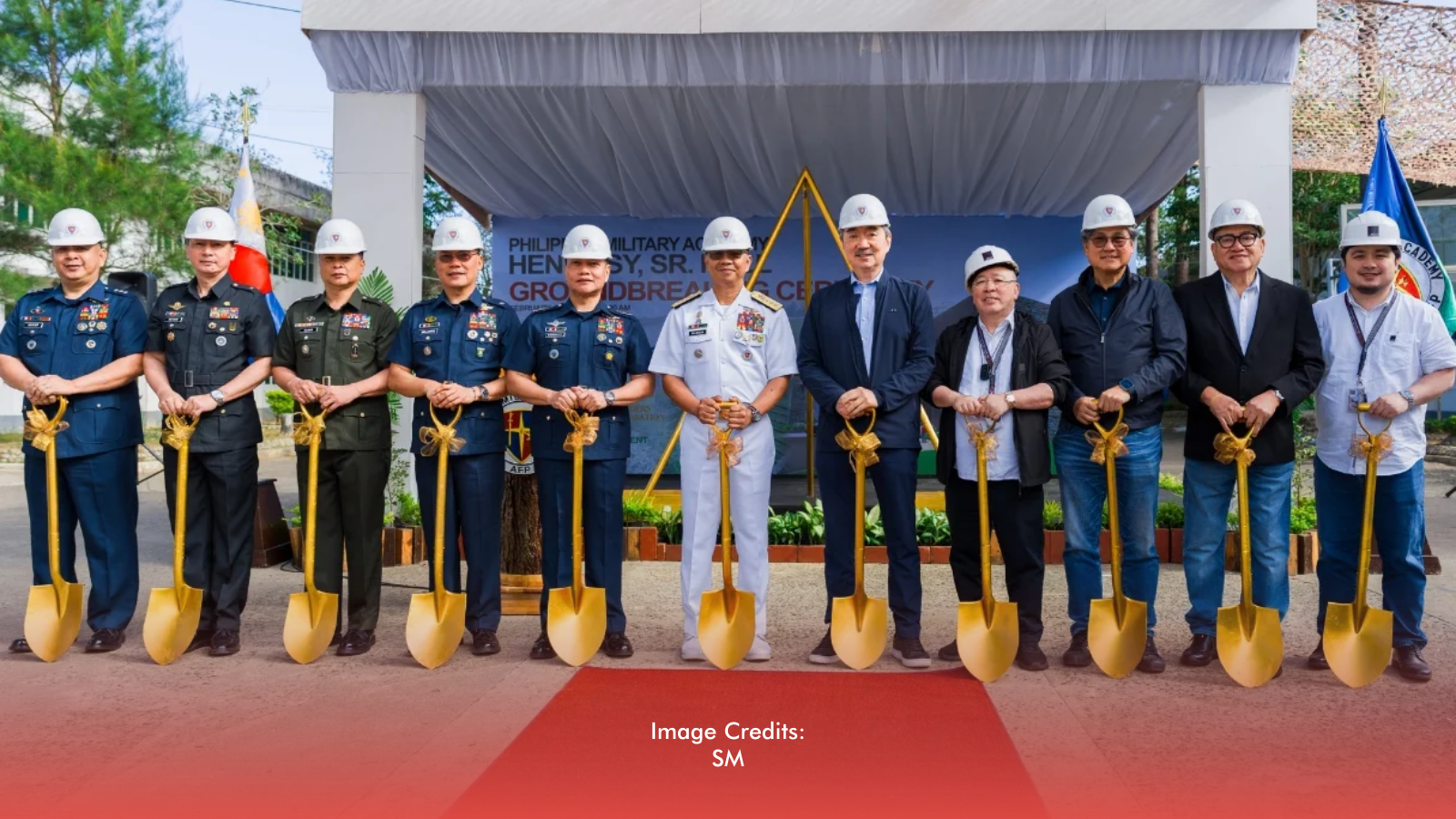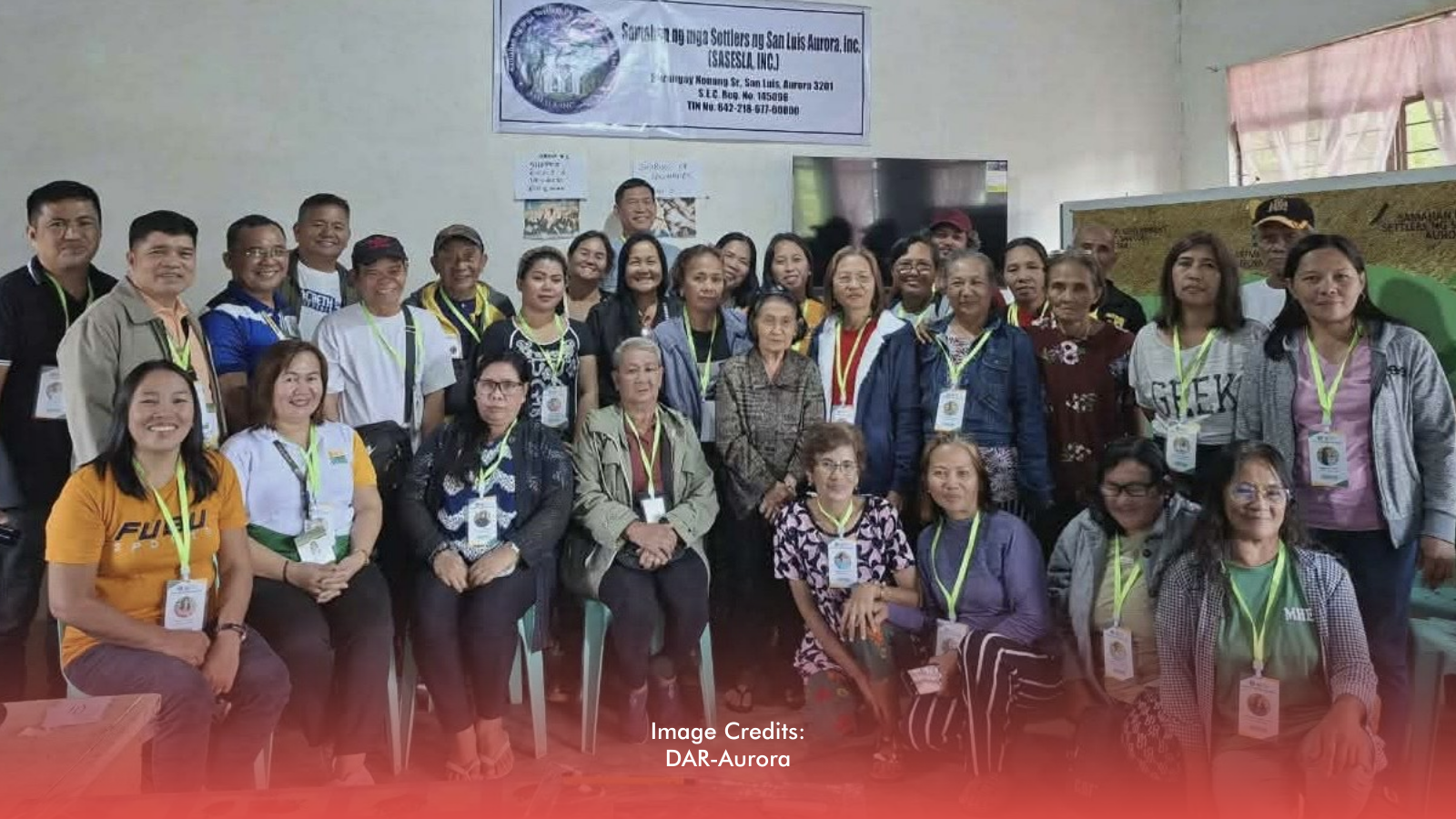A major step toward enhancing food security in the Philippines was made with the inauguration of Ilocos Norte's first solar-powered seed warehouse. Located in Batac City, the new 450-square-meter facility is designed to provide local rice farmers with access to high-quality seeds, which will help boost production and support sustainable farming practices.
The warehouse, equipped with cold storage and acclimatization rooms, was officially opened on Wednesday at the National Tobacco Administration (NTA) and Philippine Rice Research Institute (PhilRice) compound in Barangay Tabug. Dr. Mary Ann Baradi, Director of PhilRice-Batac, highlighted the importance of the warehouse in enhancing the region's agricultural infrastructure and addressing challenges like climate change.
"This warehouse significantly increases our capacity to store and preserve seeds, ensuring that farmers have access to the best quality rice seeds,” Baradi explained. “It’s a critical resource in promoting food security for the region."
Funded by the Ministry of Agriculture, Food and Rural Affairs of Korea, the project is valued at PHP 17.98 million. It marks a significant milestone in the continued partnership between the governments of Korea and the Philippines, aimed at strengthening agricultural infrastructure.
A Step Toward Sustainability
What sets the warehouse apart is its use of solar energy, which powers the facility and helps reduce its environmental impact. With cold storage, seeds will remain viable for longer, ensuring better quality seeds are available to farmers without the need for long-distance travel. This project also aligns with the Philippines' broader efforts to promote sustainable agriculture and strengthen food security.
A Collaborative Achievement
Although the warehouse project was first proposed in 2019, it faced delays due to the pandemic. However, after undergoing thorough assessments, including feasibility studies and environmental evaluations, it was successfully completed. The inauguration ceremony was attended by local government officials, agricultural organizations, and partners in the region, all united in their efforts to support local rice farmers and enhance agricultural productivity.



